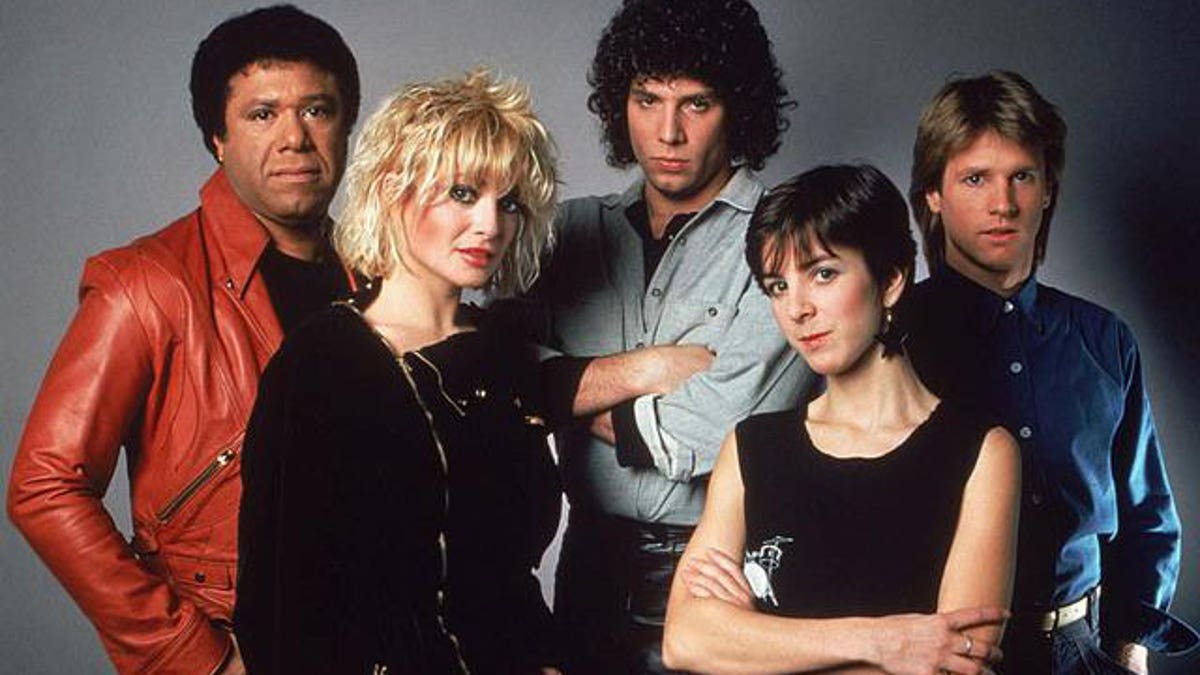
MTV has turned 30, an apt age for reflection.
There’s a famous saying in psychiatry (or at least one that a mentor of mine, the late Dr. Theodore Nadelson) told me was famous: “By 30, a man owns his face.” One’s character is formed. Your legacy is being written.
So it is, with MTV. By 30, the character of a network can be judged.
MTV brought music to television, beginning as a 24-hour forum for music videos, fueled by a brilliant marketing campaign—“I want my MTV!”—that asked would-be viewers to lobby cable networks to provide MTV’s programming.
People embraced it, from the very first (and very prescient) broadcast of The Buggles’ “Video Killed the Radio Star.”
Perhaps something was wrong, though, from that very beginning. Maybe there was something addictive, yet unpredictably toxic, about disseminating dramatizations of songs to those who had come to love them—and who were used to using their imaginations to visualize and interpret rock lyrics. Maybe it took something away from our collective soul to broadcast highly produced visual representations of acoustic art. Maybe it showed—before we really knew to look for it—how invasive, homogenizing and addictive the television medium could be. Maybe it should have been seen as ominous that among the first images shown by the network was an astronaut standing on the moon, beside an American flag digitally altered into a bright pink, green and yellow MTV flag. Maybe morphing an incredible act of heroism and achievement into a computer-generated, self-serving, self-broadcast advertisement showed a lack of restraint and a corporate narcissism that would become self-fulfilling and would help infect generations with the same traits.
Because MTV, more than any network, has ultimately traveled a path of removing Americans from introspection, empathy and reality. The mission to combine computer graphics with highly-produced, high-impact, rapid-fire minutes of video—an Uzi of synthesized entertainment—was, perhaps, too much like disseminating a drug. Perhaps the network got hooked and its viewers got hooked on anything easy on the eyes that could pump up the ego and provide a refuge from the complexities of life, from tough news, from real drama—ultimately, from truth.
How else can we explain the readiness of the network to pioneer the dissemination of an even more potent and potentially destructive (though very occasionally worthwhile) drug—reality television? How else can we explain that MTV hooked teens on The Real World, which wasn’t real at all, but staged and cut (like heroin) to provide high impact dramatic moments (kind of like music videos)? How else can we explain that the network moved so fluidly to suggest to young Americans that they were all celebrities, all worthy of staring in their own videos? How else can we explain Jersey Shore and My Super Sweet 16 and Teen Mom—all programs that require actors to pretend they are not acting, which is the equivalent of encouraging the rest of us to behave like we are acting.
MTV is a good idea with some very bad psychological ramifications. Cocaine is the same sort of idea. Freud reportedly used it to enhance communication. But he abandoned it when he realized it had disastrous, longer-term psychological consequences and was highly addictive.
Dr. Keith Ablow is a psychiatrist and member of the Fox News Medical A-Team. Dr. Ablow can be reached at info@keithablow.com. His team of Life Coaches can be reached at lifecoach@keithablow.com.








































